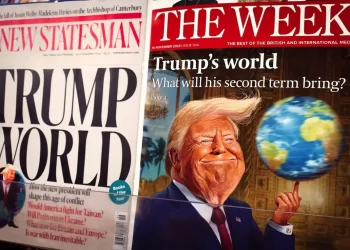Abstract:
This paper examines the relationship between the Mekong River Commission (MRC) and China, the upstream nation that has a significant influence on the water resources of the Mekong River. It argues that the MRC needs to engage more with China, both directly and through the Lancang Mekong Cooperation (LMC), to achieve its goals of sustainable development and cooperation in the river basin. It also analyzes the challenges and opportunities for the MRC to balance the needs of its members and the interests of China, as well as the different perspectives and models of development that the MRC and the LMC represent. The paper explores the historical and political context of the MRC and the LMC, the funding and governance structures of the two organisations, and the impact of the Belt and Road Initiative (BRI) on the Mekong region. The paper concludes that the MRC should continue to focus on grassroots cooperation, integrate the BRI projects into its strategies, and formalize its relationship with the LMC, while recognizing that China is unlikely to join the MRC in the foreseeable future.
Keywords
Mekong River Commission, China, sustainable development, river politics, Lancang Mekong Cooperation, Belt and Road Initiative, grassroots engagement.










